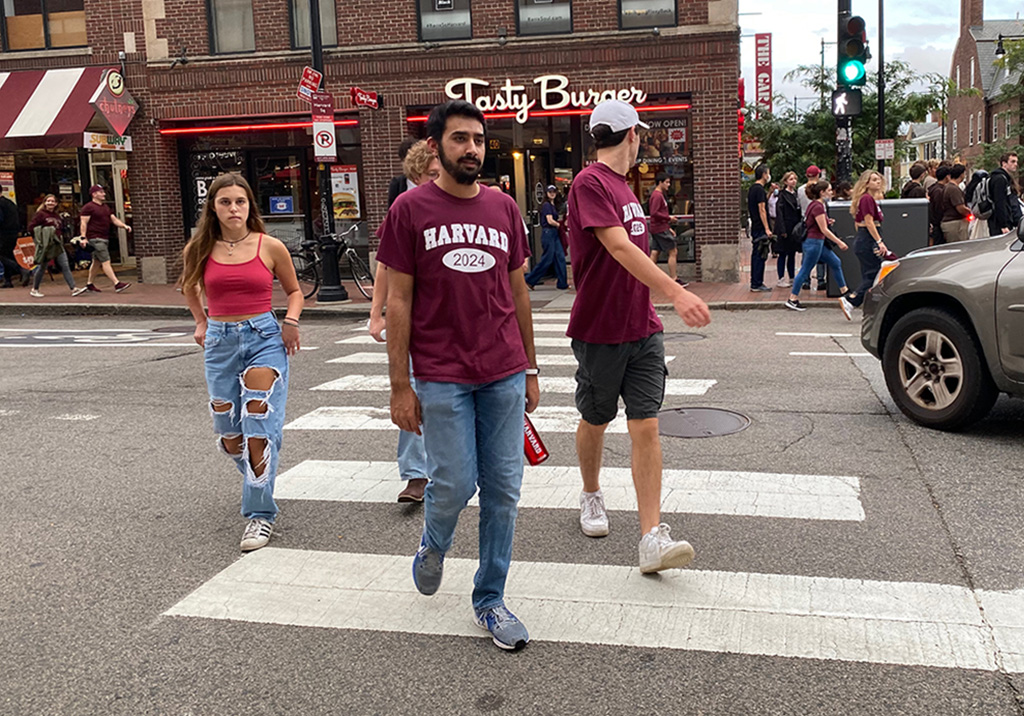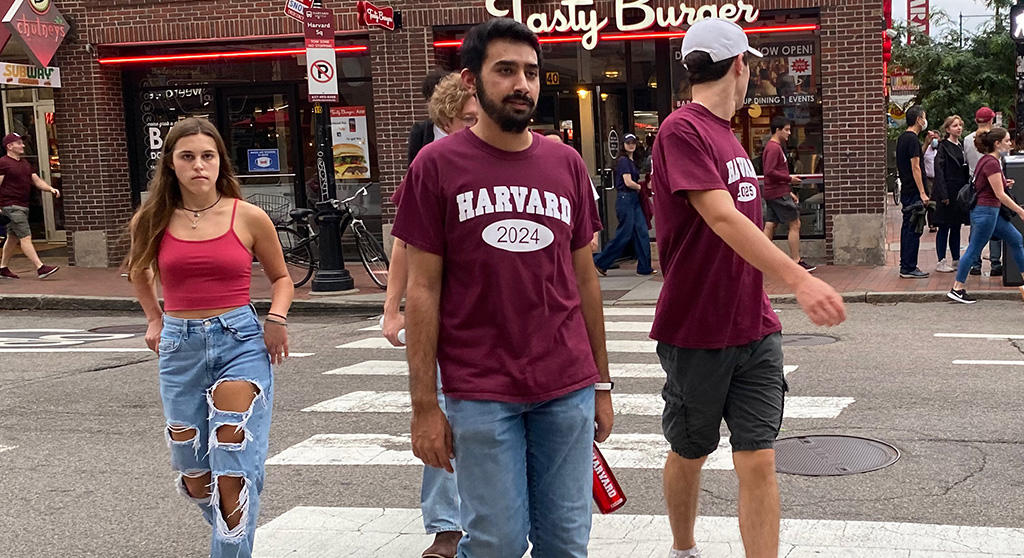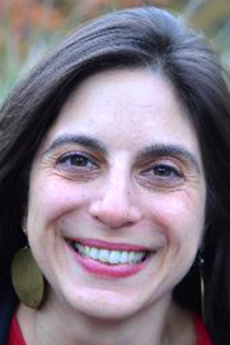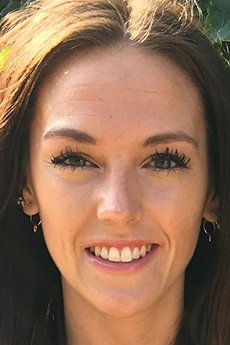Expert coalition calls for more testing, masking against Covid in schools, but success is unlikely

Arriving Harvard students explore their neighborhood in Sept. 24. (Photo: Marc Levy)
A group of scientists, public health experts, union leaders and doctors, including a Cambridge Health Alliance primary care physician, is calling on state and school leaders to impose stronger Covid-19 protections as the school year begins. The group, the Massachusetts Coalition for Health Equity, held a virtual press conference Monday to advocate for more testing and masking, including mask mandates in schools at the beginning of any Covid surge.
Since the spring, when cases began to drop after the omicron peak in January, government and private leaders have relaxed Covid precautions in public spaces, the workplace and schools, making masks optional and ending regular testing requirements. The Centers for Disease Control and Prevention has reduced quarantine and isolation mandates for unvaccinated as well as vaccinated people.
Public health officials have said the precautions aren’t necessary because of vaccine availability and vaccination rates, but members of the coalition disagreed. “Vaccination and boosters are not sufficient to reduce transmission,” said Julia Raifman, assistant professor at the Boston University School of Public Health. Jon Levy, department head at the school, said booster vaccination rates in people over 65, whose risk from the virus is higher, varies widely among communities, with lower rates in cities and towns with higher nonwhite and low-income residents. As of Aug. 17, 49 percent of Cambridge residents over 65 had received a second booster.
Ending surveillance testing and testing only people with symptoms will miss infected people because an estimated 40 percent of cases occur without symptoms, the coalition said. As for not requiring masking, CHA primary care doctor Lara Jirmanus said that “an N95 mask will only protect you for a little more than an hour” if no one else is wearing one. “If we don’t require masks we are requiring people to be exposed to Covid,” Jirmanus said.
“Right now we are not living with Covid, we are dying with Covid,” Jirmanus said.
There’s no sign that Cambridge universities, public schools and public health officials will tighten precautions. As the fall semester begins, Harvard University and the Massachusetts Institute of Technology will continue making masks optional on campus and have ended surveillance testing. For now, the universities will offer testing only to students with symptoms of Covid, and Harvard won’t provide free PCR tests at all after Sept. 16, according to the campus newspaper The Crimson. (Students can still get antigen rapid tests in their dorms.)
Cambridge Public Schools won’t require surveillance testing when school begins next month, although the school department plans to mail rapid tests to students’ homes for use before returning to school now, after major holidays and if they feel sick at home. An announcement on the district website said it will focus on testing symptomatic people in the fall semester.
Students and staff who test positive can return to school or work after five days if their symptoms resolve and they mask for the next five days. With a negative test result, they don’t have to wear a mask.
Masks will be optional in general in K-12 schools, in line with the state recommendation. At the coalition press conference, Tori Cowger, a fellow at the Harvard T.H. Chan School of Public Health’s FXB Center for Health & Human Rights described a study she led showing that after Massachusetts education officials ended the public school mask mandate in late February, school systems that continued to require masking until the end of the school year, like Boston, reported lower Covid numbers than those that didn’t. Cases among students and staff in Cambridge began rising in April and spiked higher in May than at the omicron peak. Cambridge ended required masking in schools March 14.
The Cambridge Public Health Department “will continue to do what we’ve been doing,” said spokesperson Dawn Baxter, listing recommendations to get vaccinated and boosted, wear a mask indoors in public spaces and call a doctor if the person tests positive and is in a high-risk category.
Baxter said cases are expected to rise this fall “when people start spending more time indoors and the college students return to campuses,” and she pointed out that reported case numbers are less reliable when more people test themselves at home. “We will be watching community conditions, and are prepared to make additional recommendations if warranted,” Baxter said.




